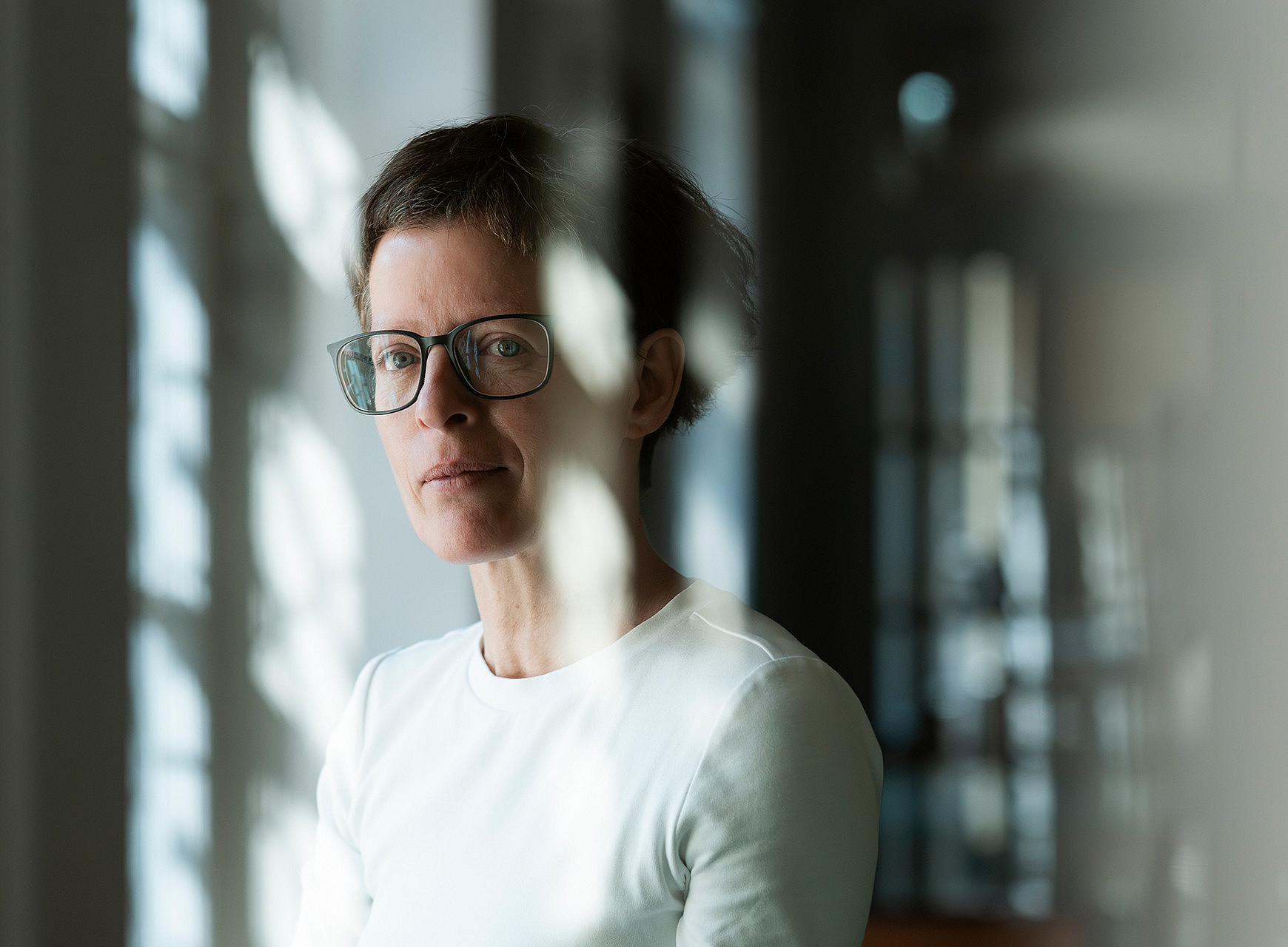For twenty years, historian Heike Karge has been examining how wars and conflicts in Southeastern Europe have erected walls between people that still exist today. The fronts remain entrenched. “Trauma plays a role here. However, the main reason for the continuing deep divisions is the instrumentalisation of memory by nationalist politics. The war of the 1990s, but also events from the Second World War, continue to have an impact to this day,” explains Karge. "In Bosnia and Herzegovina, battles over memory are still being fought today. The fact that Milorad Dodik, President of the Republika Srpska, wants to secede this part of the country has to do, among other things, with the fact that the High Representative for Bosnia and Herzegovina demanded a few years ago that the genocide in Srebrenica should not be denied as such," says the researcher. When a UN resolution designated 11 July as a day of remembrance for the genocide in Srebrenica last May, Serbian President Aleksandar Vučić criticised it as “stigmatisation”. His government is also unwilling to come to terms with war crimes.
Croatia is dealing with this challenge in a somewhat more open manner. “Here, for example, there are different history textbooks that teachers can choose from. Some also include the Serbian perspective to a certain extent,” reports Karge. “Fundamentally, however, state policy in Croatia clearly states through various laws, parliamentary decrees and declarations that the homeland war was a just war and that its own war crimes should not be addressed,” says the historian.
Commitment to reconciliation
At the civil society level, however, there are strong movements and NGOs working for reconciliation. One example is Documenta, a documentation centre founded in Zagreb in 2004 to come to terms with the past. It is also the largest human rights organisation in former Yugoslavia. The institution cooperates with many partners in Southeastern Europe to promote dialogue and the peace process. “International cooperation is very important in supporting these forces,” emphasises Karge. She has cooperated with Documenta in an EU project, among other things. Invitations to guest speakers, internships in NGOs and excursions for students also contribute to raising awareness and strengthening civil society organisations. At the University of Graz, all institutions dealing with the region cooperate with local institutions, in particular the Graz School of Interdisciplinary Transnational Studies, formerly the Centre for Southeast European Studies.
A detailed article can be read in UNIZEIT.
